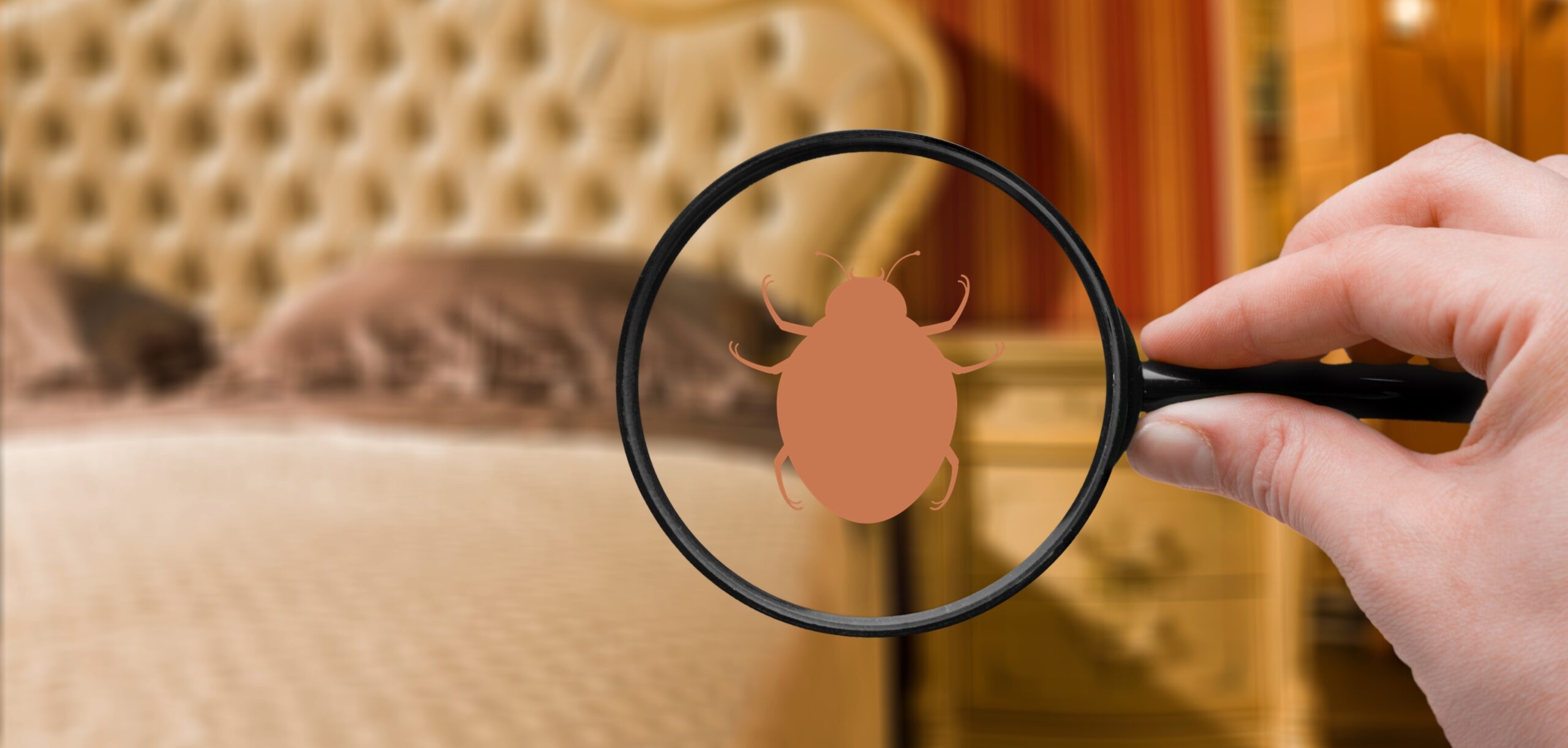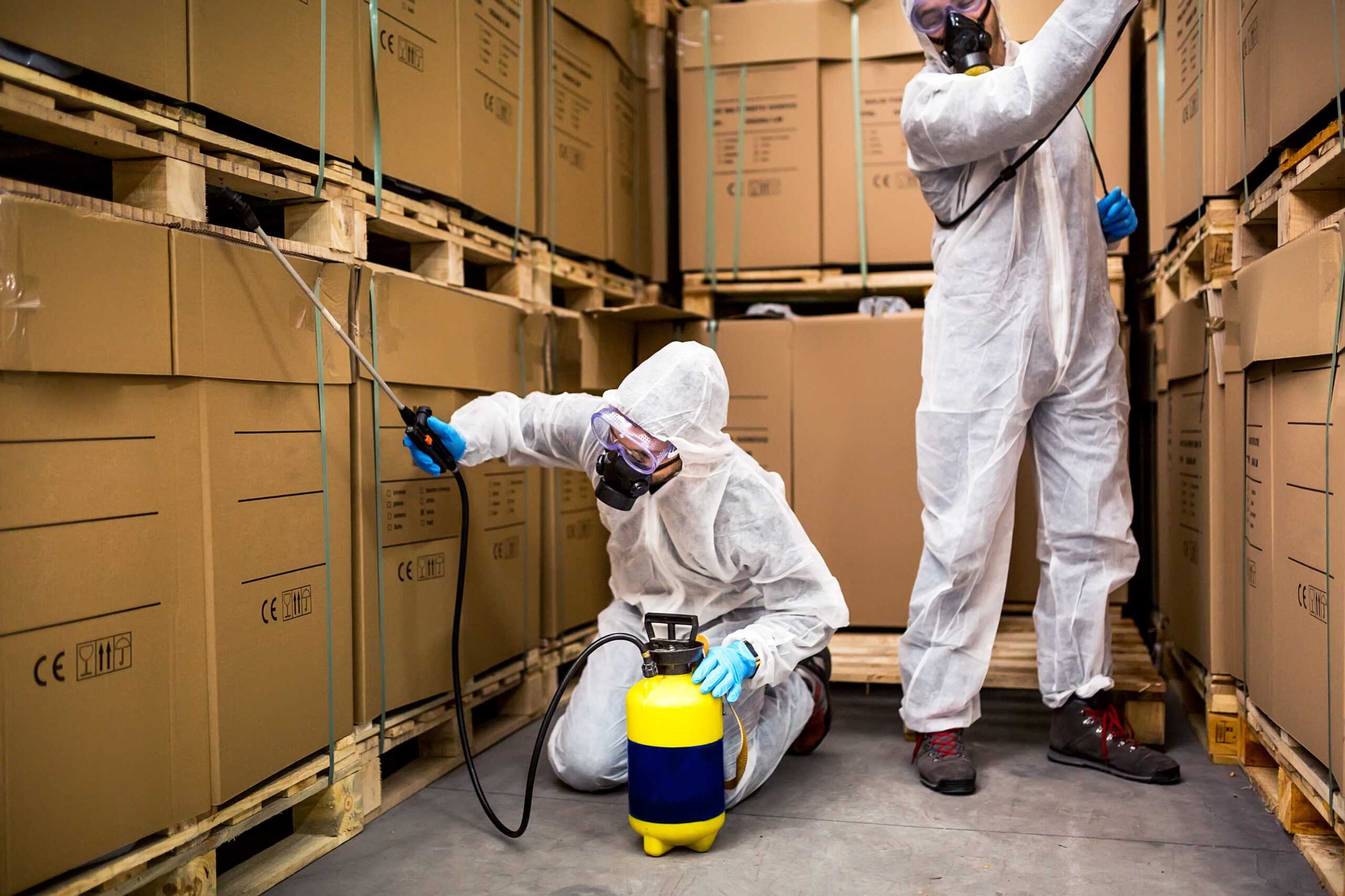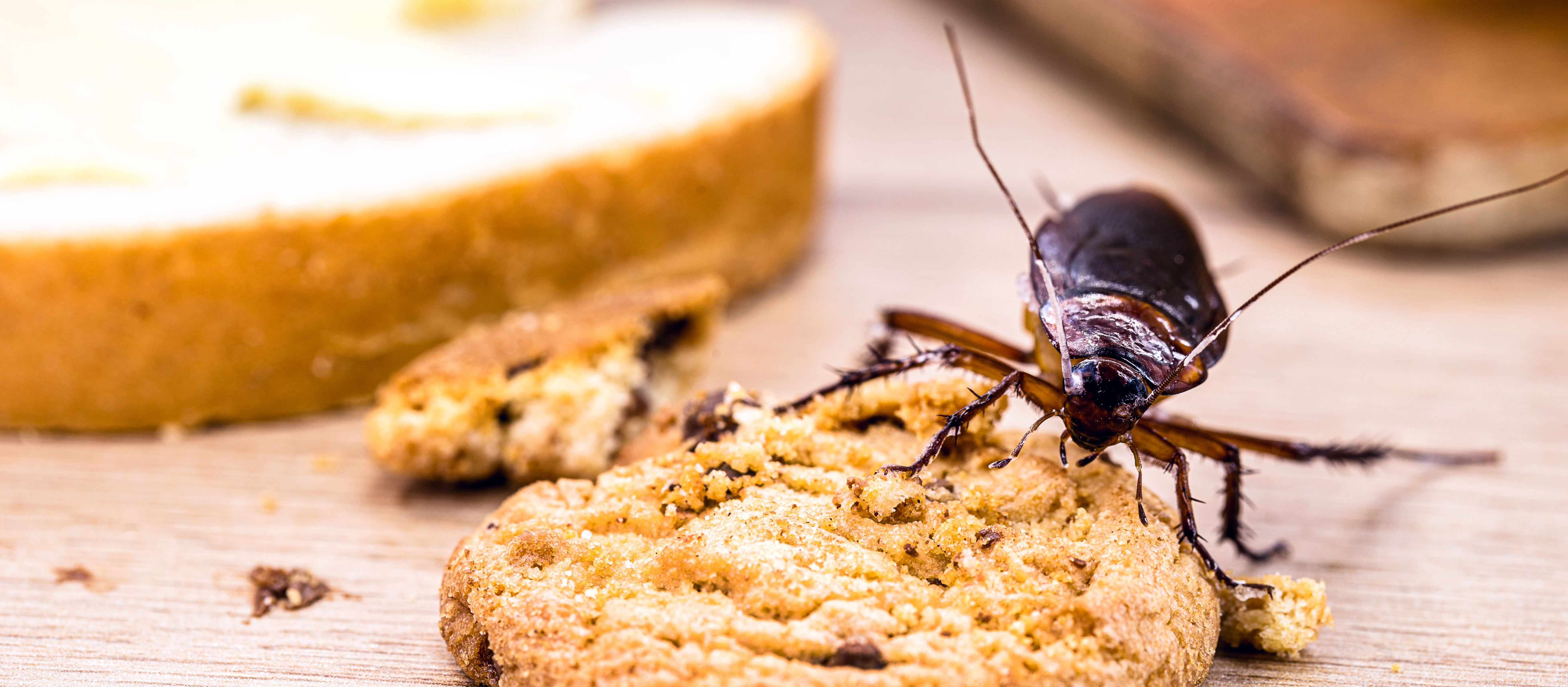Who is responsible for pest control when renting?
Do tenants or landlords pay for pest control in the UK?
If you are wondering who’s responsible for pest control in rented properties you are not alone, this one of the most frequently asked questions about the topic in Google Search.
As a matter of fact, unless you’ve just moved in and instantly found an issue, it’s not always straightforward working out who’s responsible. However, the landlord will probably be responsible for sorting this out for you under certain circumstances, for example, if your tenancy agreement says that’s the case. Usually, contracts include a sentence saying something like the landlord is responsible for keeping the home in a “good and habitable state”. Additionally, they will be required to pay if either the infestation was caused by them not making certain repairs leading to the infestation problem.
As we mentioned, not making certain repairs such as holes into the building from outside or drain issues makes the landlord responsible. They would also be responsible if the issue was affecting your health. However, this won’t apply if your tenancy agreement is a fixed-term private or housing association tenancy that started before 20 March 2019. Said this, you need to know that even if your tenancy is not covered by the new rules for unfit homes, the pests problems you are suffering could still be considered a hazard, leading your local council to tell the landlord to fix the problem.
When Tenants Pay for Pest Control
Now that we have defined when the landlord would be more likely responsible for sorting things out, let’s look at the reasons that can make the tenant responsible for taking care of the problem.
Tenants also have a responsibility to keep the property in good condition. Therefore, if a pest problem comes from the tenant behaviour, for example, not cleaning the property and causing an insect infestation problem, and the landlord can tie the situation to such action, it will be the tenant who will pay the bill.
Some usual behaviours causing the problem are: not taking out the garbage as expected, leaving food that can attract insects and rodents out in the open, pets kept in poor hygienic conditions bringing fleas in, and of course, poor housekeeping causing conditions that promote pest infestations.
Please keep in mind that if the landlord finds out about such living conditions, action could be taken against you by issuing a comply or quit notice to ensure the tenants won’t keep affecting the property with their behaviour.
Steps to Take in either Case
In order to work in your own best interest, it’s better to take the following steps when dealing with pest infestations on rented properties as a tenant.
First, report the problem to your landlord, you have to tell your landlord about the pest problem and any other repairs needed as a consequence of the problem. Also, inform them about the potential impact on your health coming from such pest problems, and potential damage caused by pests to furniture and other belongings (yours and theirs).
Secondly, insects, rodents, birds and pests, in general, can be dangerous to the health of the people living in the property. Therefore, the first action you should take as a tenant living in the house, regardless of who is responsible, is working to fix the issue. If your landlord is unresponsive to your requests, don’t risk your well-being and call a pest control company with professionals that can take care of the problem quickly and with the minimum hassle for you and the other house occupants.
If you are a tenant and need quick action on a pest problem affecting you, please don’t hesitate to contact us either using the form below or calling us on 01914062400.









Leave a Reply